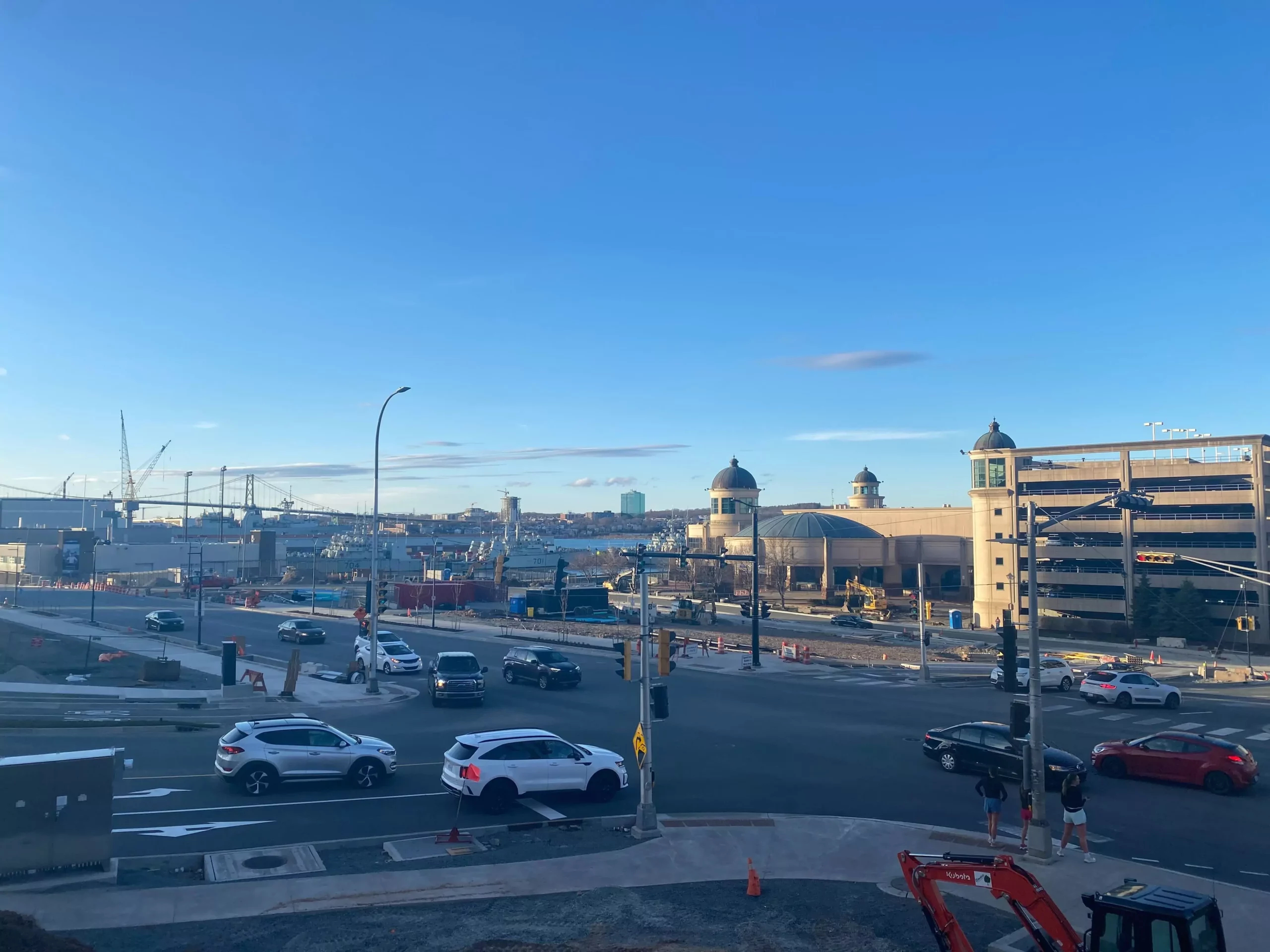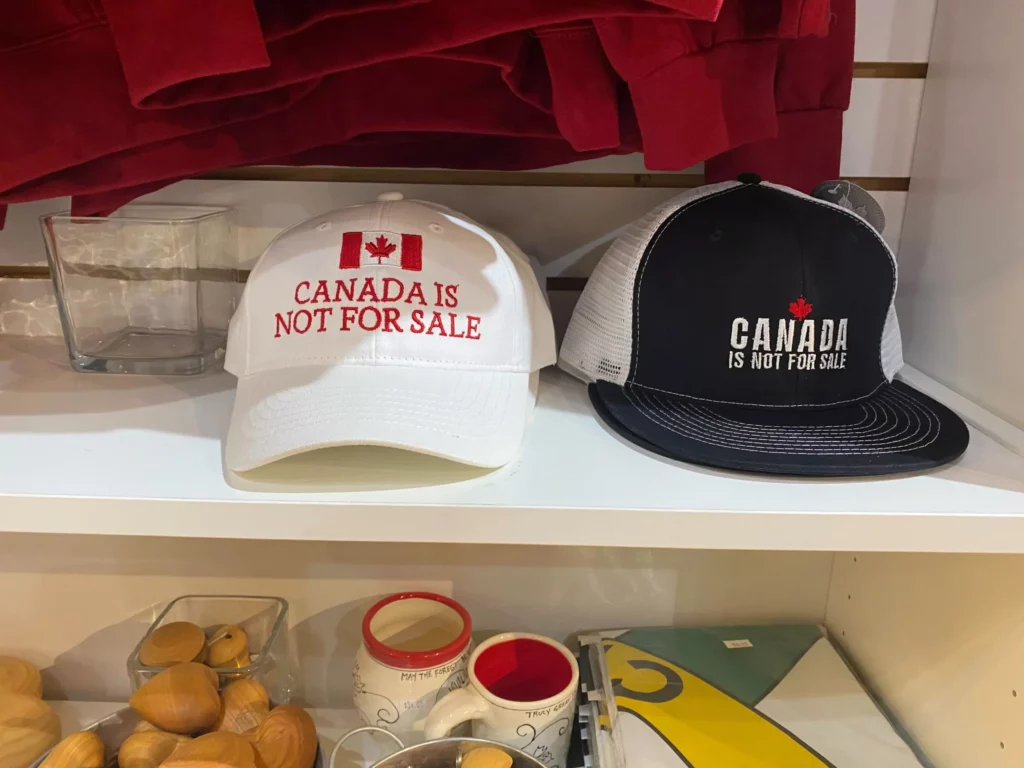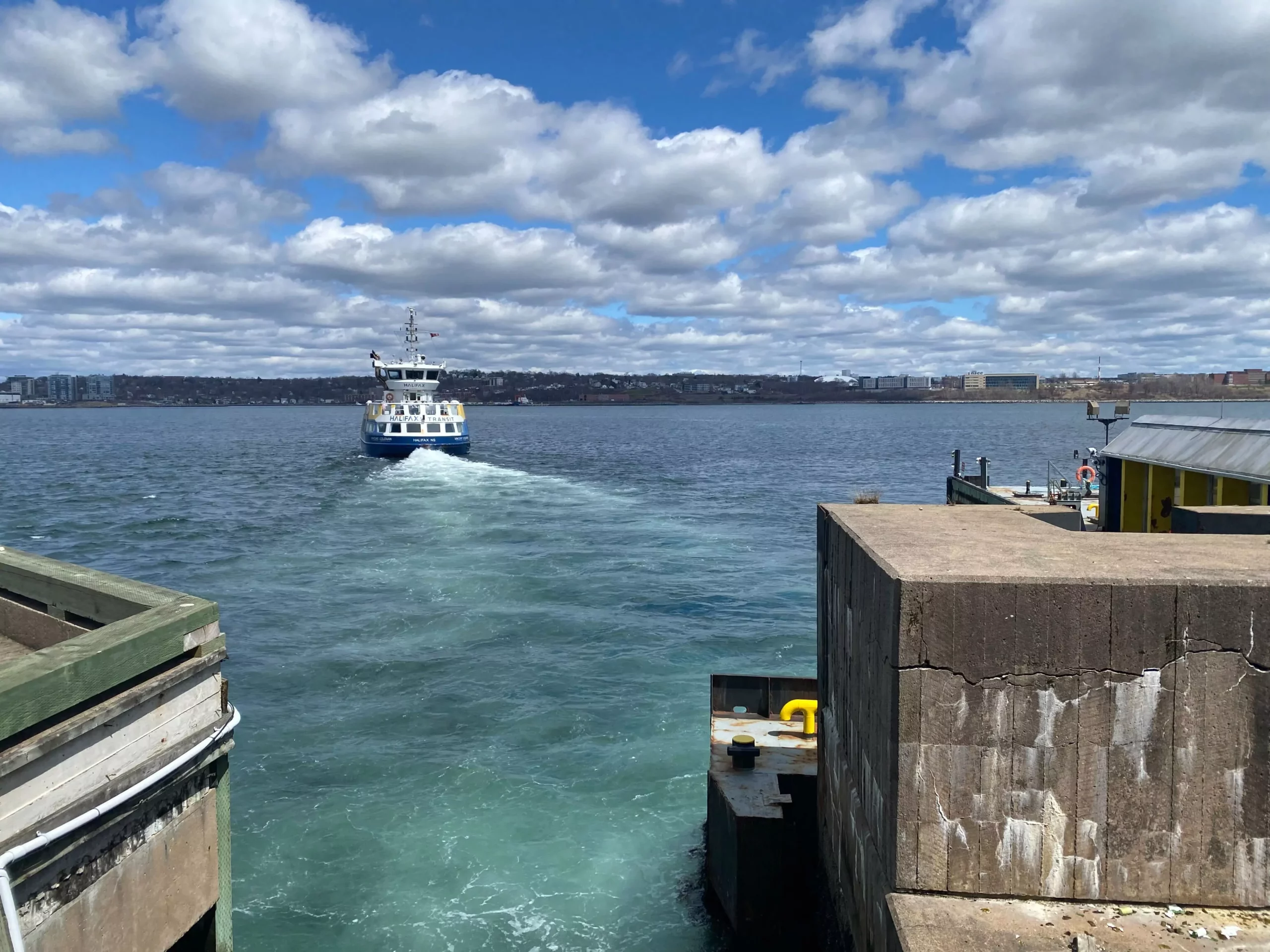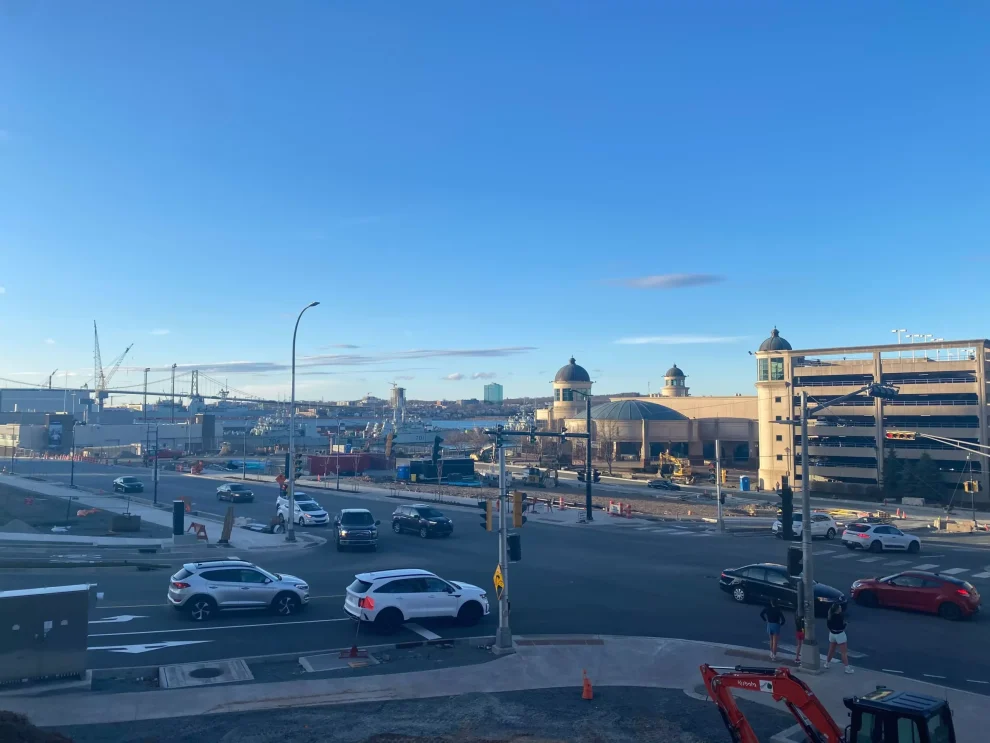HALIFAX, Nova Scotia — Canadians are proud of their reputation for being nice, but Nova Scotians stand out even among their countrymen for their warm and welcoming culture.
Far from the politicking of Ottawa, rural communities in the Maritime Provinces of Canada are known for their easygoing attitude, rustic charm, and small-town lifestyle. But even the Atlantic Coast isn’t safe from the heightened tensions between Canada and the United States under President Donald Trump’s administration.
In the port city of Halifax, the most populous city in the Maritime provinces, with a population of just over 500,000, the trade war cannot be ignored.
The heavy tariffs placed on Canadian goods in February, which have waxed and waned with the president’s mercurial temperament, are at the forefront of Haligonians’ minds.
“We f***ing hate him,” the owner of a boutique in downtown Halifax told the Washington Examiner, going on to call the president a “f***ing idiot.”

The boutique, which sells products from Canada, Italy, China, Peru, and elsewhere, has seen its suppliers twist themselves into knots to keep goods affordable despite the tariffs.
“If it keeps going the way it’s going with Trump, we might not be around in a year,” she said of her business. “The guy is mentally ill, I think.”
Anti-Trump resentment is observable at shops across town, some of which are now carrying ball caps and T-shirts declaring, “Canada is not for sale.”
It’s a reference to the White House’s expressed desire to bring the country under the control of the U.S. This was reiterated during an Oval Office press conference on Wednesday, in which Trump remarked, “As a state, [Canada] works great.”
Prime Minister Mark Carney and Conservative leader Pierre Poilievre, the main contenders in Canada’s election, are currently trying to sell themselves to voters as the only politician capable of standing up against Trump.
Poilievre appeared at a campaign event hosted at the Halifax Longshoremen’s Association on Thursday, promising to build up the nation’s resistance to U.S. expansionism.
“I’m here with a hopeful message for Nova Scotians that a brighter future and a wonderful change is just around the corner,” Poilievre said, declaring that Canadians will “stand up for our sovereignty.”

“We will never be an American state, and we will focus on what we can control, which is to reverse the disastrous liberal economic policies,” the Conservative leader declared, a shot at Carney’s Liberal Party that has been in power for approximately a decade.
Carney even more explicitly beat the anti-Trump war drums while speaking in the Atlantic province of Prince Edward Island on Monday, referencing ships being built in Halifax to protect against “threats that also come south of the border as well as across the ocean.”
While the threat of a U.S. military campaign to overturn Canadian sovereignty might be overblown, the damage brought by Trump’s tariffs is real and immediate.
A local restaurant manager in Halifax who describes herself as a “lifelong Liberal” told the Washington Examiner that the Trump administration’s tariffs have ruined her ability to import the U.S. wines her restaurant normally stocks.
In February, Nova Scotia Premier Tim Houston ordered Nova Scotia Liquor Corporation, the government organization that controls liquor stores and recreational cannabis sales in the province, to remove all U.S. alcohol products from its shelves.
Not everyone in Halifax hates Trump, however. Others see him as a prototype for the kind of leader Canada needs to stand up for itself.
“We need a Trump here,” Stacey, a 62-year-old Haligonian, told the Washington Examiner. “He’s the only one who knows [what’s going on]. He’s the only one doing anything.”

Stacey said he has no online presence or social media, so not many people may be aware he’s a fan of Canada’s top persona non grata. But he’s not ashamed or afraid to speak his mind.
“If somebody asked me, I’d tell ’em,” he said.
TRUMP’S ’51ST STATE’ RHETORIC DOES NO FAVORS IN CANADA ELECTIONS HOME STRETCH
Simon, a 24-year-old who has lived in Nova Scotia his entire life, told the Washington Examiner that he’s noticed approximately equal public displays of support for the Conservatives and Liberals.
He believes the election is going to be tighter than people expect but is not particularly concerned with the result.
Asked if his age group is optimistic about the future in Nova Scotia, Simon said that, regardless of political turmoil, the future seems bright.
“There’s a can-do attitude,” he said. “Like, if I could be anywhere, it’d be here [in Nova Scotia] — like it’s all gonna work out.”
























